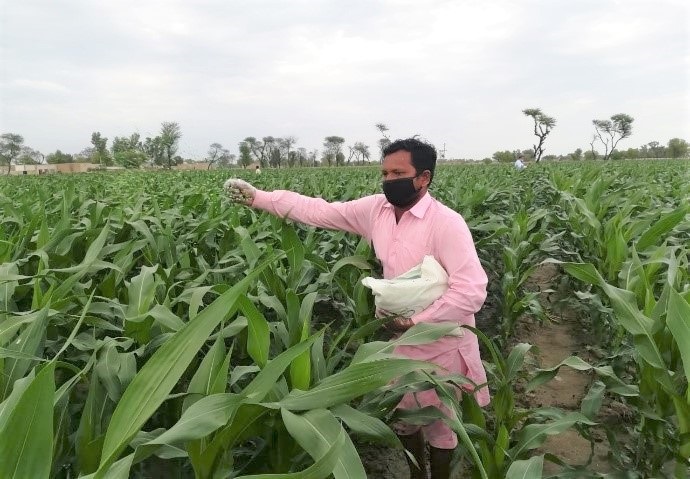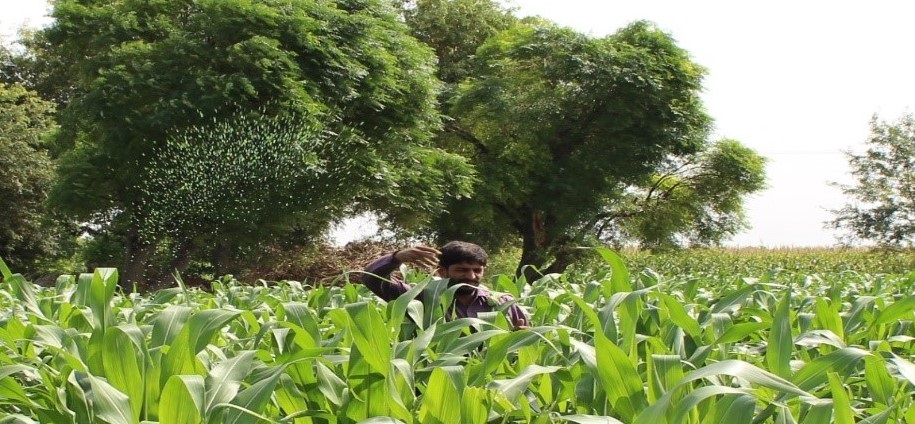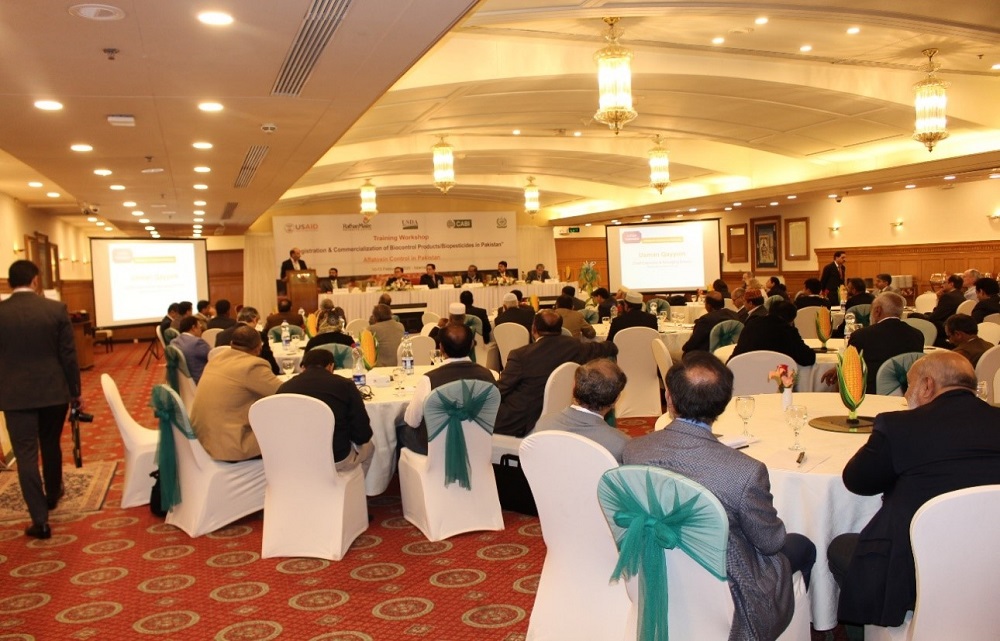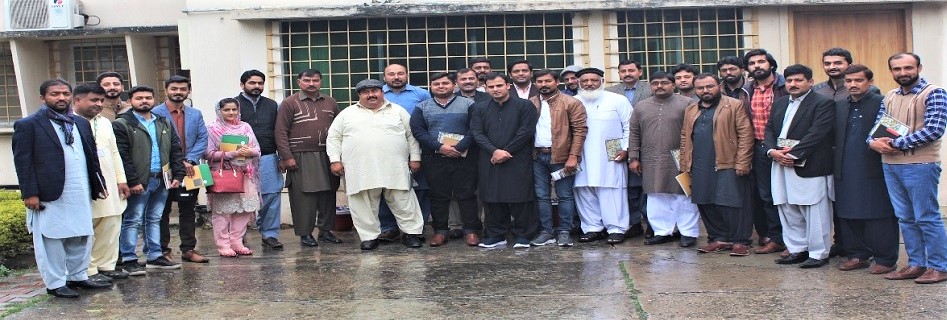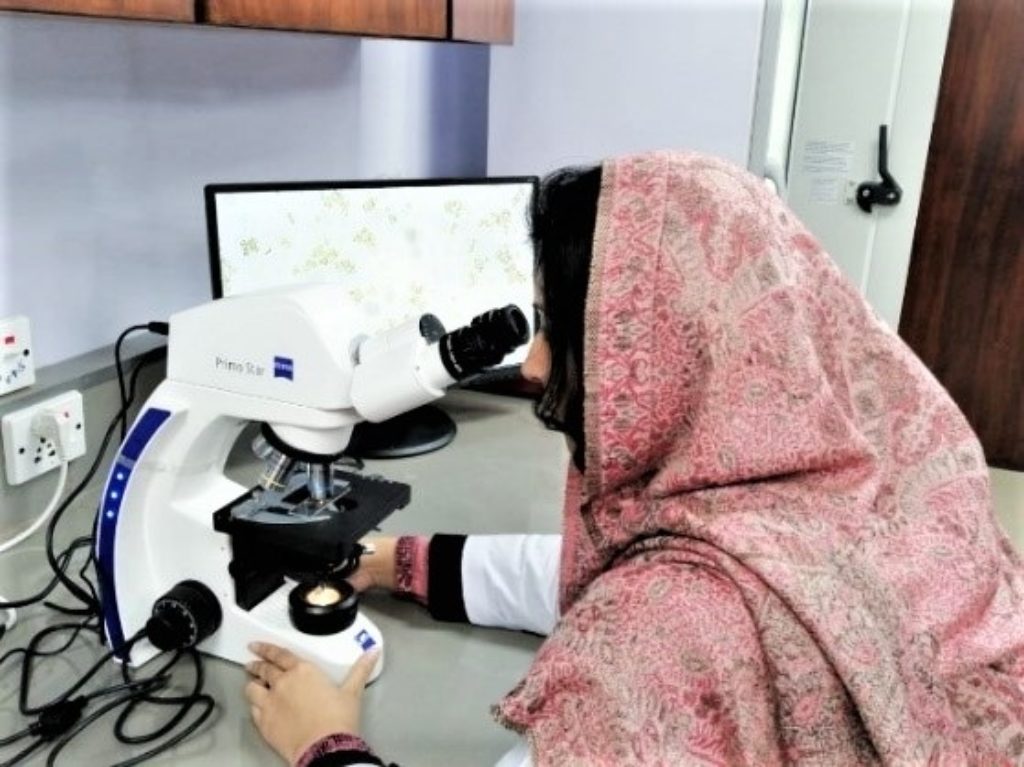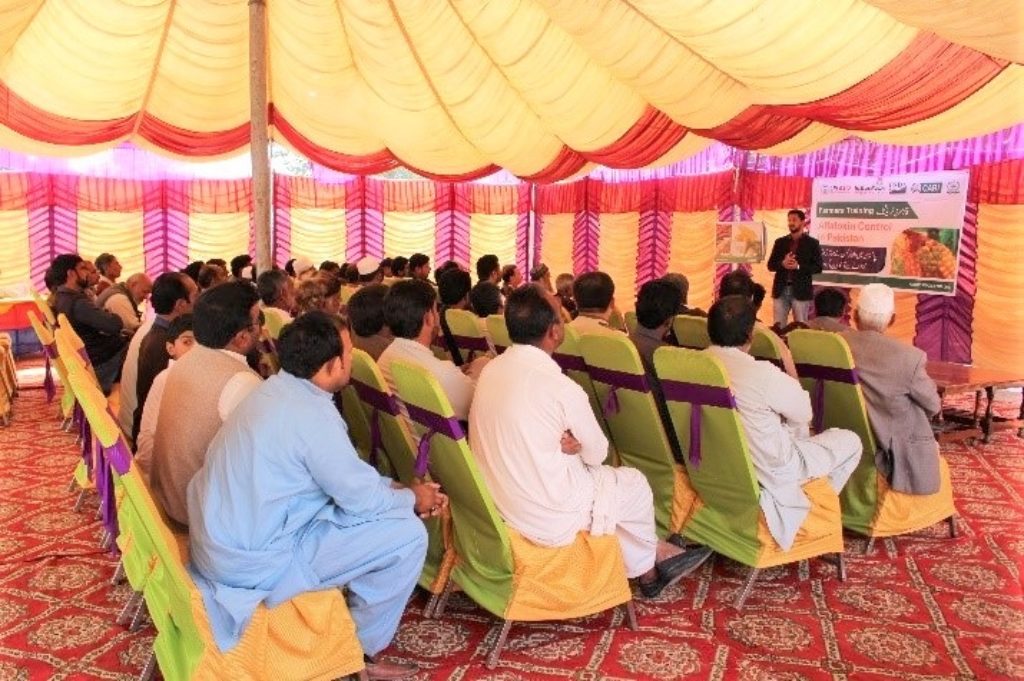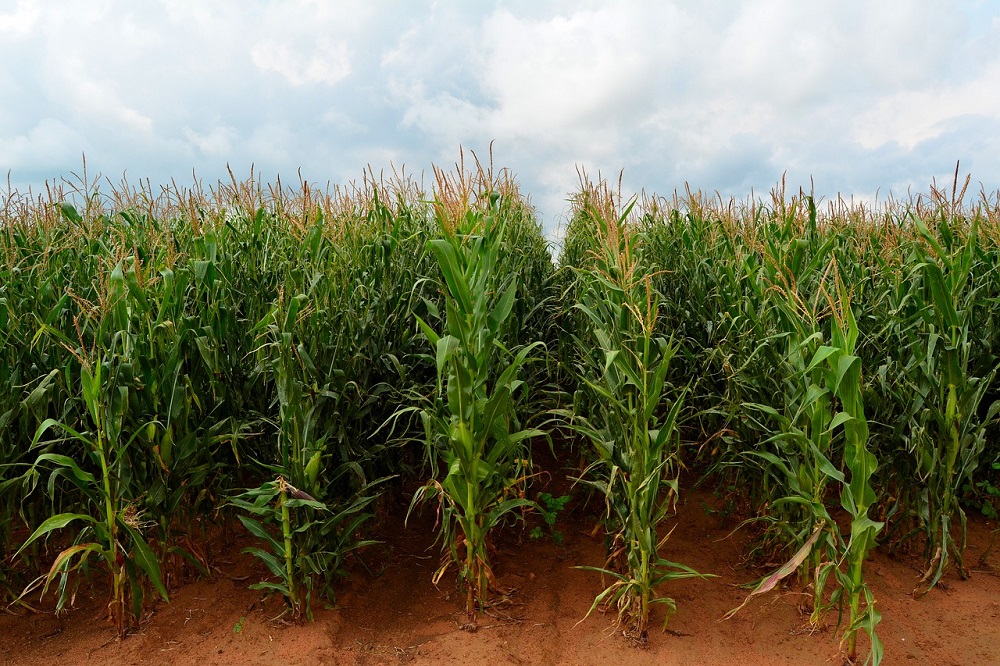Summer studentship for young scientists announced by Global Burden of Crop Loss initiative
The Global Burden of Crop Loss initiative, announces a summer studentship programme providing young scientists with the opportunity to contribute to an exciting and important global effort to develop a global data-driven system to report losses to agricultural crops caused by pests and diseases.
Is chocolate under threat?
Otherwise known as ‘the food of the gods’ Theobroma Cacao is cocoa - the key ingredient from which chocolate is produced. The various species of cocoa such as Criollo and Forastero mainly originate from the Amazon jungle and are planted and produced in Colombia, Brazil, Ivory Coast, Cameroon, Indonesia, Ghana, Ecuador and Nigeria
Sensitizing maize growers of Punjab on aflatoxin biocontrol to produce quality crops for their communities
Dr Sabyan Faris Honey, CABI, and Deborah Hamilton, USDA Farmers in the Punjab province of Pakistan produce 85% of maize not only for the purpose of helping to ensure local and regional food security but also for export to high end markets. Due to the presence of aflatoxin levels above permissible limits (20ppb) in maize…
CABI builds capacity to tackle aflatoxin contamination of cereal crops in Pakistan
In this latest blog from CABI’s Dr Sabyan Faris Honey and Deborah Hamilton of the United States Department of Agriculture (USDA), we look at how the ‘Aflatoxin Control in Pakistan’ project is increasing efforts to build the capacity of technical staff in Punjab province to manage the harmful toxins which affect cereal crops, including maize,…

